politics

Struggling to find common ground in today’s politics? In this episode, conservative scholar Yuval Levin explores how the Constitution, often blamed for political discord, actually holds the key to unity. In his new book, American Covenant, Levin blends history and analysis to reveal the Constitution’s power in fostering constructive disagreement and practical reforms. Tune in for insights on the Constitution’s genius and how it can guide us to a less divided future.

Shermer and Law discuss: a brief history of Hong Kong • National Security Law • crimes of secession • how Asia’s most liberal city changed so fundamentally • how rights and freedoms are won or lost • the truth: what it is and who owns it • reform society from within • freedom of speech • freedom of the press • the enemies of dictators • why democracies are fragile.
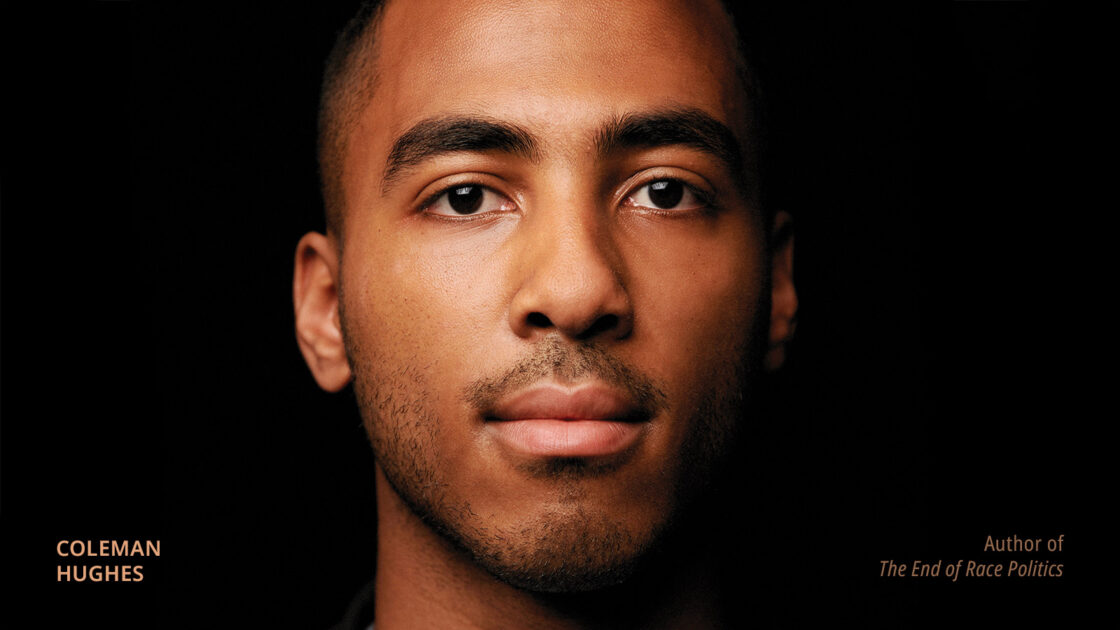
Michael H. Bernstein reviews The End of Race Politics: Arguments for a Colorblind America by Coleman Hughes, discussing the author’s analysis of neoracism and the need for a middle ground in discussions of racism.
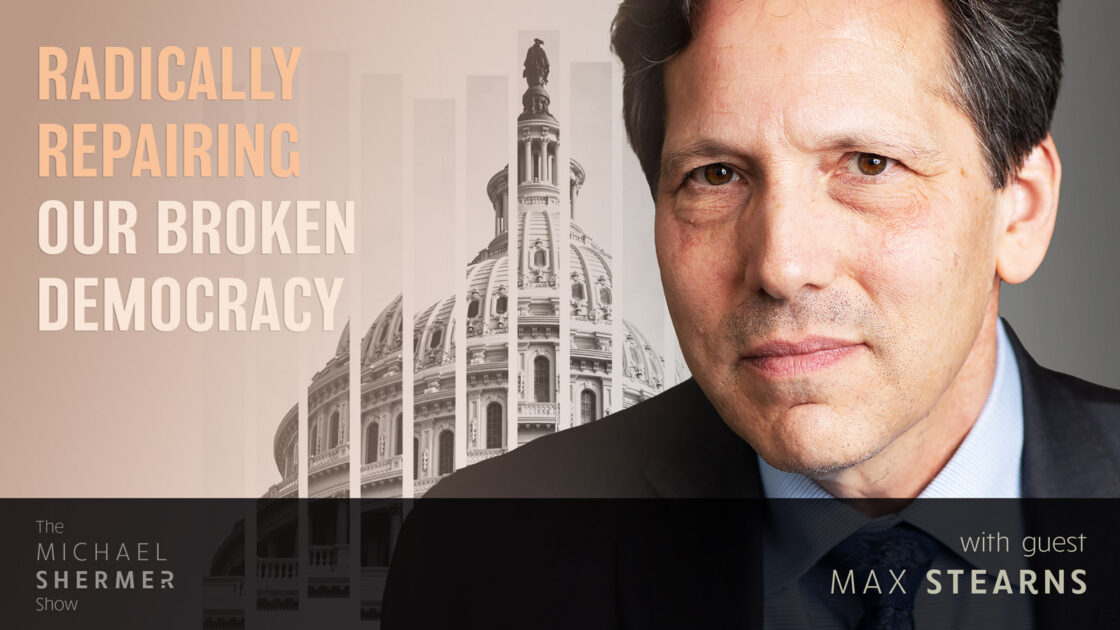
Law professor and author of dozens of articles and several books on the Constitution, Max Stearns examines the broken state of American democracy and the proposal to transform it into a parliamentary system to address the issues of polarization and dysfunction.
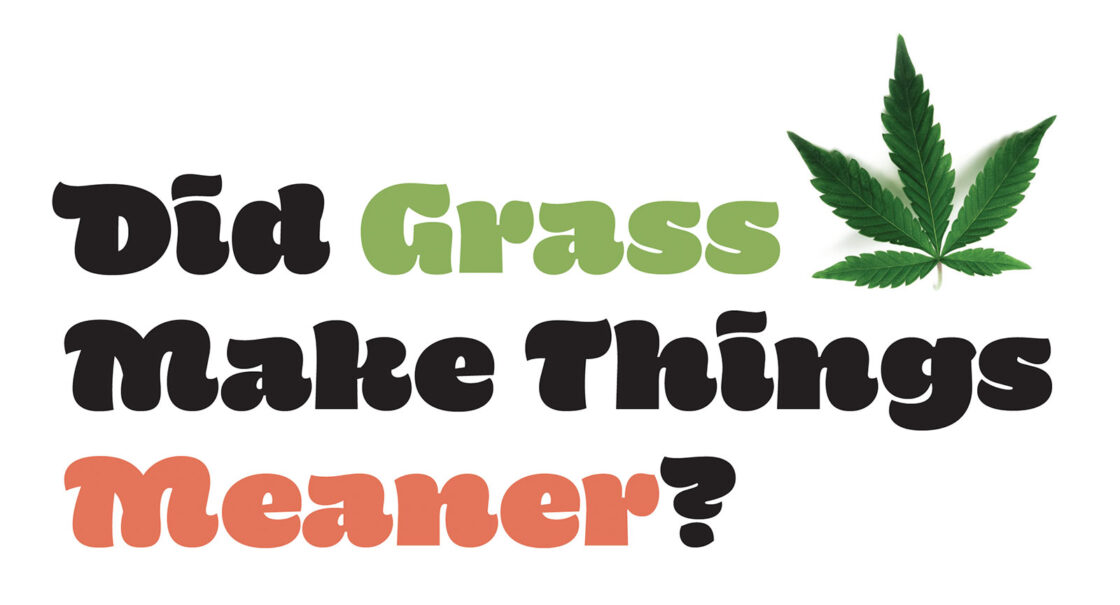
In 2019, Alex Berenson of the New York Times published Tell Your Children: The Truth About Marijuana, Mental Illness, and Violence. In it, Berenson warned that paranoia, one of the established side effects of marijuana consumption, is likely to trigger violence in those suffering from psychosis. The book was predictably lauded by those pundits who saw it as a revelatory argument against legalization…
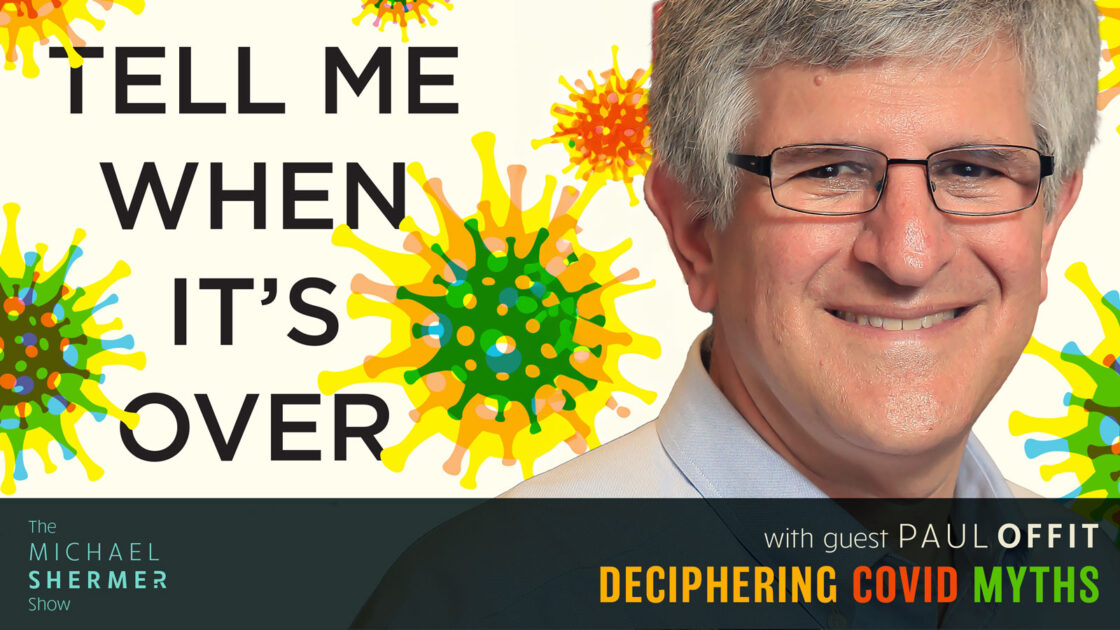
Shermer and Offit discuss: mRNA vaccines • science gone wrong or part of the long and risky history of medical innovation? • loss of trust in medical and scientific institutions • overall assessment of what went right and wrong • mandates vs. recommendations • economic costs • lab leak hypothesis vs. zoonomic hypothesis • debating anti-vaxxers • treatments • high risk vs. low risk groups • Robert Malone,Joe Rogan, RFKJ, Peter Hotez, Del Bigtree • Stanford professor Jay Bhattacharya censored for signing the…
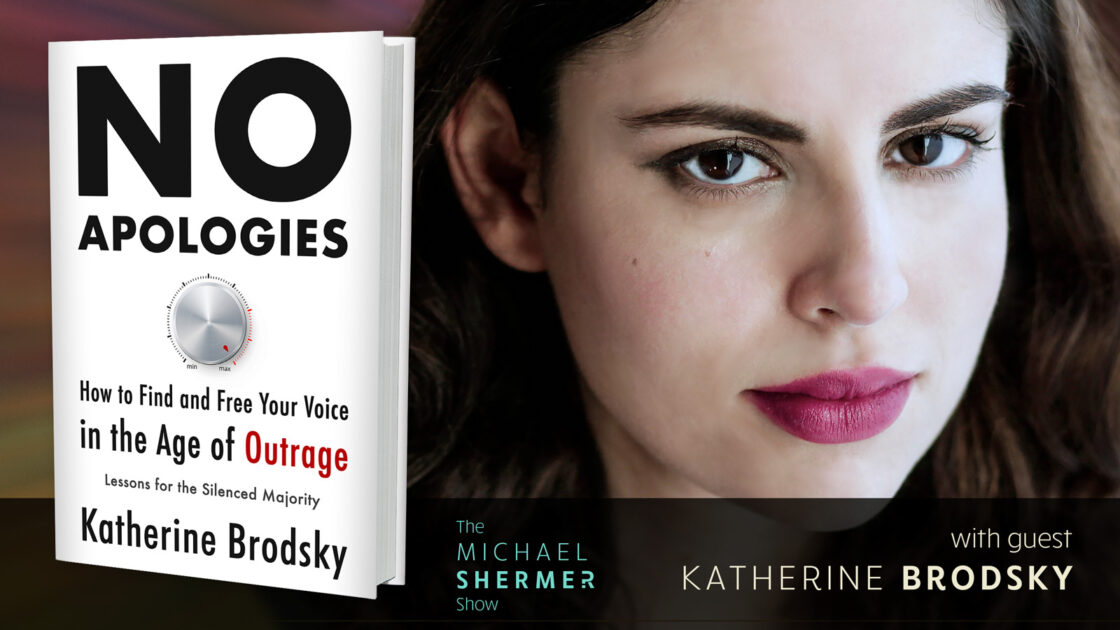
Shermer and Brodsky discuss: growing up Jewish in the Soviet Union and Israel • why liberals (or progressives) no longer defend free speech • cancel culture: data and anecdotes; whether it is an imagined moral panic; social media • free speech law vs. free speech norms • pluralistic ignorance and the spiral of silence • solutions to cancel culture • identity politics • witch crazes and virtue signaling • hate speech and slippery slopes • how to stand up to…
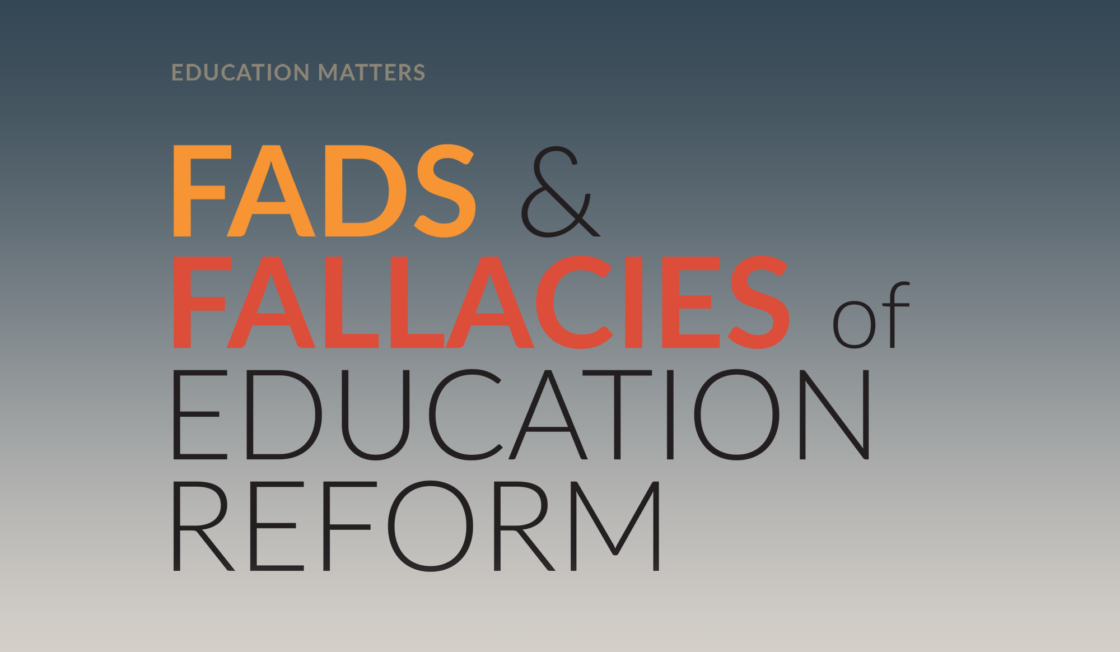
When you drive past any American school, you’ll see signs telling you to reduce your speed and declaring the area to be a “drug-free zone,” with draconian penalties for violators. While we can all agree on keeping drugs away from school children, drugs are not the only thing we keep out of schools. Unfortunately, when […]
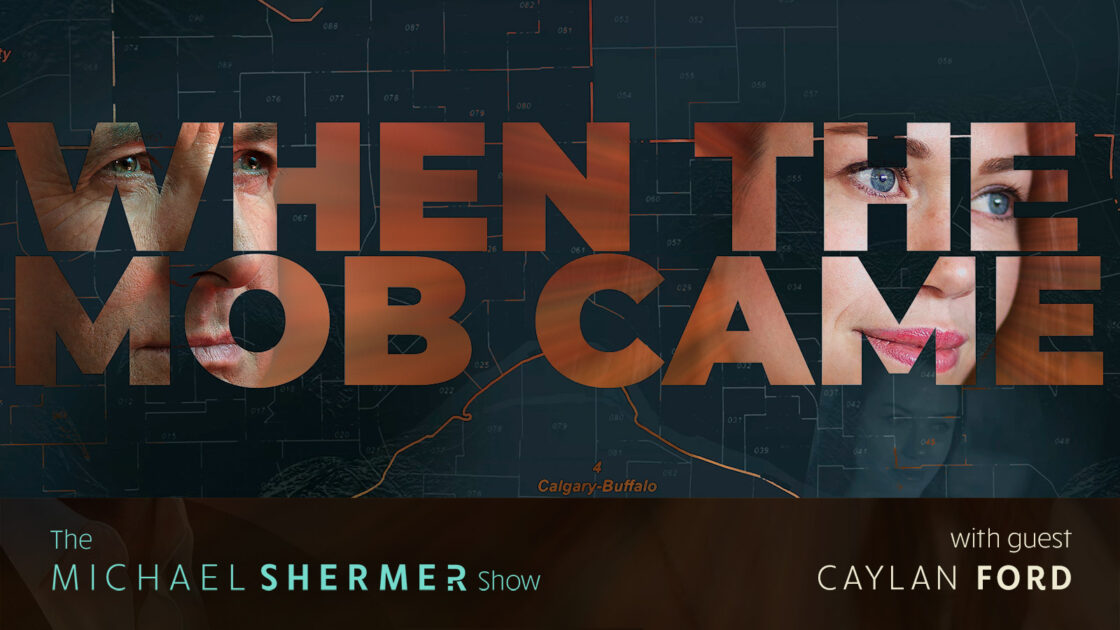
Shermer and Ford discuss: • education reform • public vs. private vs. charter schools • the blank slate • Thomas Sowell’s Constrained Vision vs. Unconstrained Vision • French Revolution vs. American Revolution • truth, justice, and reality • what promotes humanity and what degrades it • transhumanism • political correctness • identity politics • cancel culture • totalitarianism • preference falsification • free speech • hate speech • how to stand up to cancel culture.
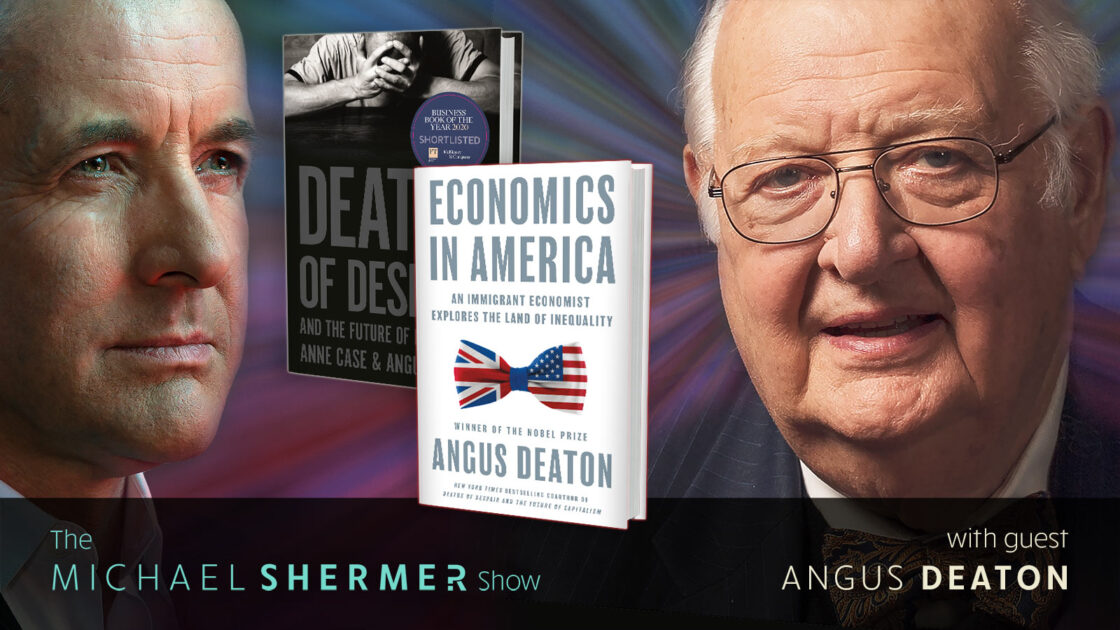
Shermer and Deaton discuss: the science of science is economics • winning a Nobel Prize • what economists do, and how they determine causality • Ludwig von Mises, Friedrich Hayek, Milton Friedman, Ayn Rand • why a college education matters • meritocracy and “Just World” theory • minimum wage • healthcare • poverty • inequality • opioid crisis, alcoholism, suicide • inflation and interest rates • modern monetary theory • think tanks.

Shermer, Griffin, Posner, and Gagné discuss: the nostalgic myth of “Camelot” • Lee Harvey Oswald and why he killed Kennedy • Cuba, Castro, the Bay of Pigs debacle • the CIA and why it is rational to be skeptical of their activities • the “magic bullet,” pristine or predictably damaged? • James Hosty and the FBI’s files on Oswald before he killed JFK • CIA and FBI coverups • General Edwin Walker • Jack Ruby • Bernard Weissman, • common…
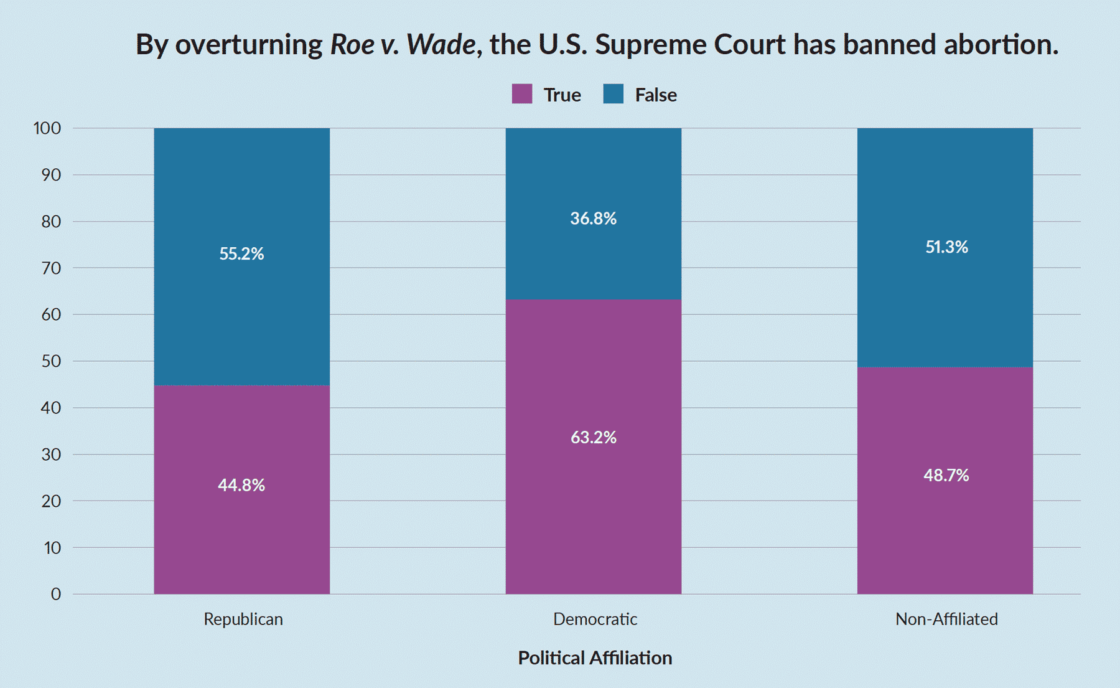
Our survey of a diverse sample of U.S. adults following the Supreme Court striking down Roe v. Wade found both extremes — always legal or never legal – unpopular; 70% favored an intermediate position. Importantly, only 37% understood that the decision did not outlaw abortion. Those younger, less educated, more religious, and more trusting of political figures tended to be less knowledgeable.
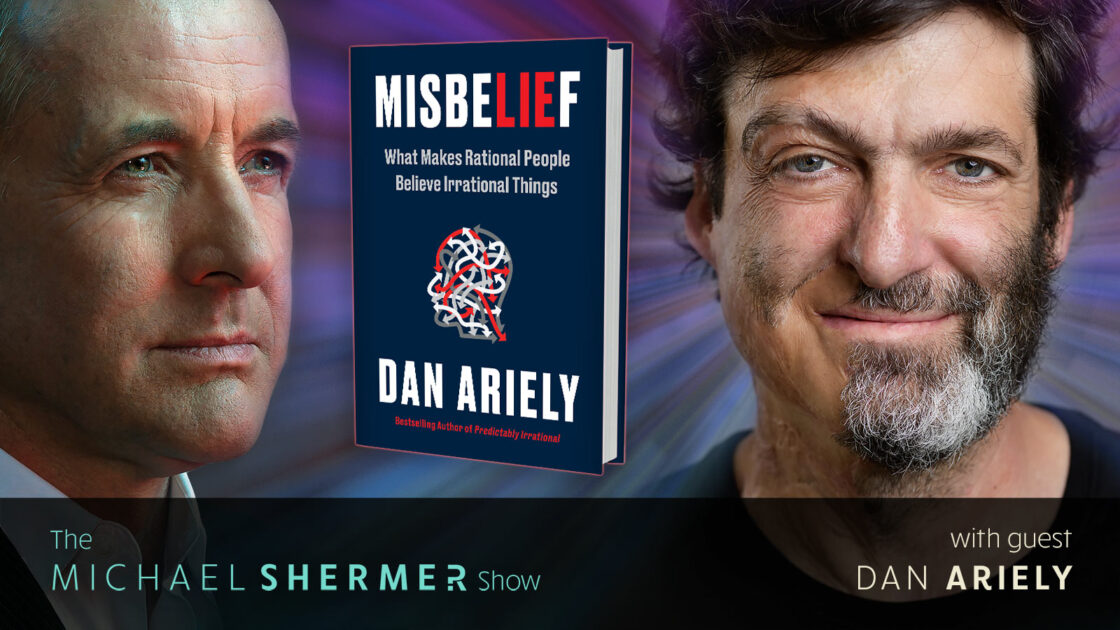
Shermer and Ariely discuss: What is disinformation and what should we do about it? • How do we know what is true and what to believe? • virtue signaling one’s tribe as a misbelief factor • the role of complex stories in misbelief • emotions, personality, temperament, trust, politics, and social aspects of belief and misbelief • the funnel of belief • social proof and the influence of others on our beliefs • a COVID-23 pandemic • social media companies…
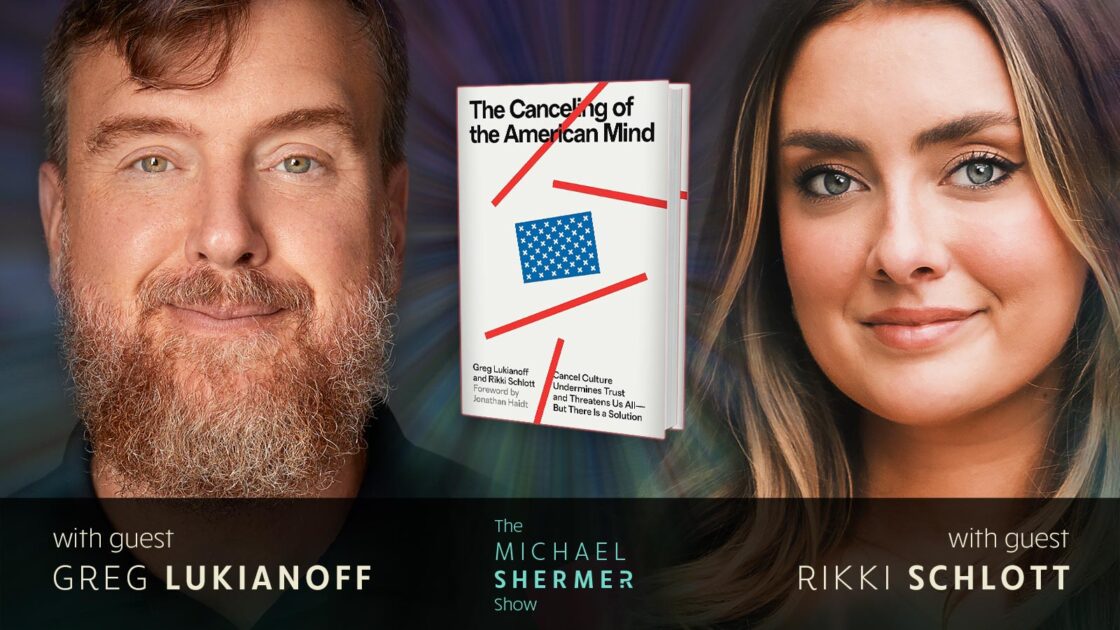
Shermer and Lukianoff and Schlott discuss: • the definition of Cancel Culture • The Henny Youngman Principle: “Compared to what?” • Cancel Culture as imagined moral panic • Cancel Culture on the political Left/Right and on social media • free speech law vs. norms • Diversity, Equity, and Inclusion (DEI) • sensitivity training • bias hotlines and silencing of speech • pluralistic ignorance • The 4 Great Untruths • Jean Twenge’s theory of generational change • solutions to Cancel Culture.
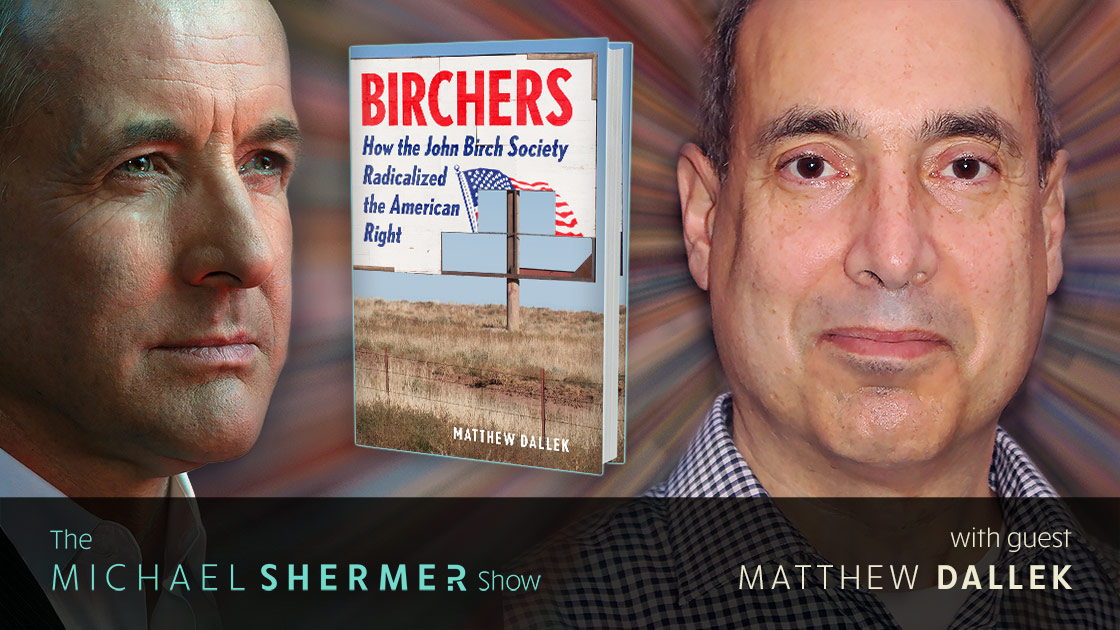
Shermer and Dallek discuss: the origin of the John Birch Society • the “right,” “conservatism,” “liberalism” • “mainstream” vs. “fringe” • Cold War context for the rise of the radical right • the link between the John Birch Society and radical right figures today like Michele Bachmann, Sarah Palin, Marjorie Taylor Greene, Glenn Beck, Alex Jones, Ron Paul, Rand Paul, and Donald Trump • COVID denialism, vaccine disinformation, America First nationalism, school board wars, QAnon plots, allegations of electoral cheating…
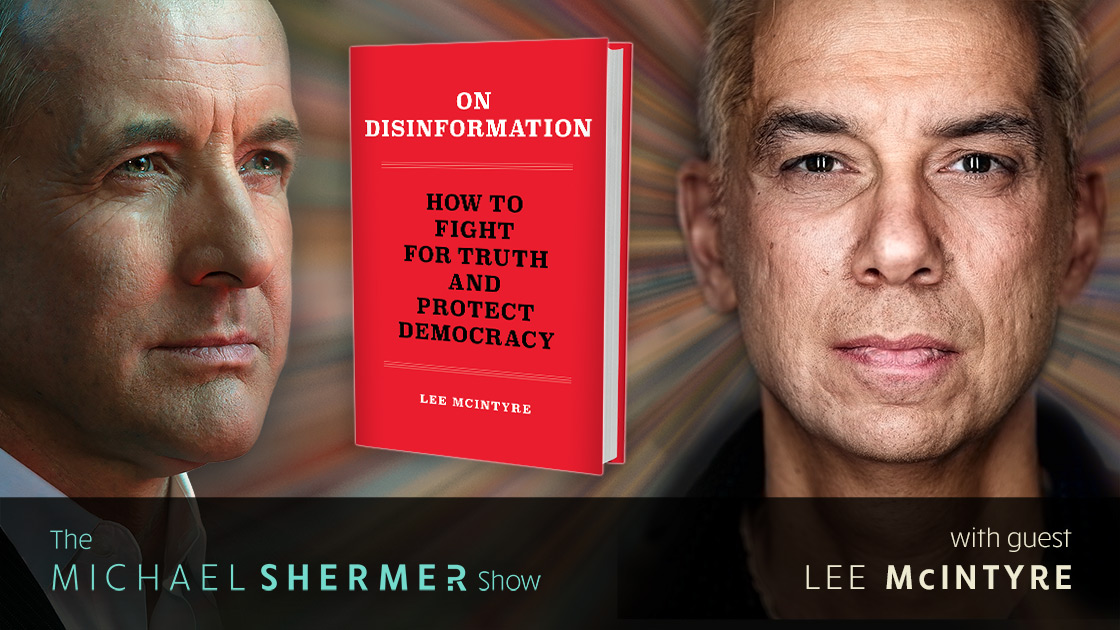
Shermer and McIntyre discuss: default to truth theory • RFK Jr. • whether reason evolved for veridical perception or group identity? • How do we know what is true and what to believe? • worst case scenarios if Donald Trump wins in 2024 • trans issues, race issues, GMOs, nuclear power, climate doomsdayism • What went wrong during the COVID-19 pandemic? • disinformation about masks, vaccines • social media and disinformation.
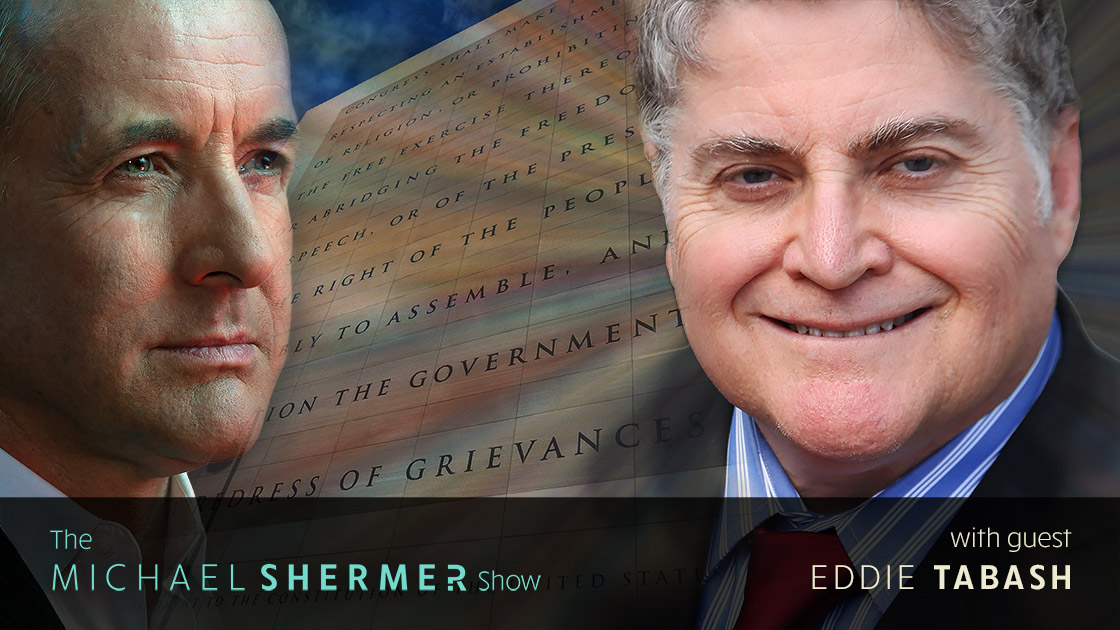
Shermer and Tabash discuss: the history of the relationship between church and state • the founding framers of the U.S. Constitution and their arguments for separating church and state • Madison and Jefferson • how most of the 13 colonies had government-sanctioned religions and religious tests for office • the Constitutional Convention and the First Amendment • the push by some Republicans to hold a new Constitutional Convention and redesign the entire U.S. Constitution • the religious beliefs and attitudes of…

U.S. Presidents have been ranked since Schlesinger’s 1948 list in Life magazine. Others have since done likewise; Siena College Research Institute’s being the standard. Problems include: interpreting the past in terms of the present; the evolving role of the Presidency; and the unique circumstances facing each President. Rather than one overall rank, it is more accurate to score on a set of attributes, including: Experience, Integrity, Imagination, Intelligence, Risk Taking, Communication, Accomplishments, Appointments, Ability to Compromise; and Avoiding Big Mistakes.
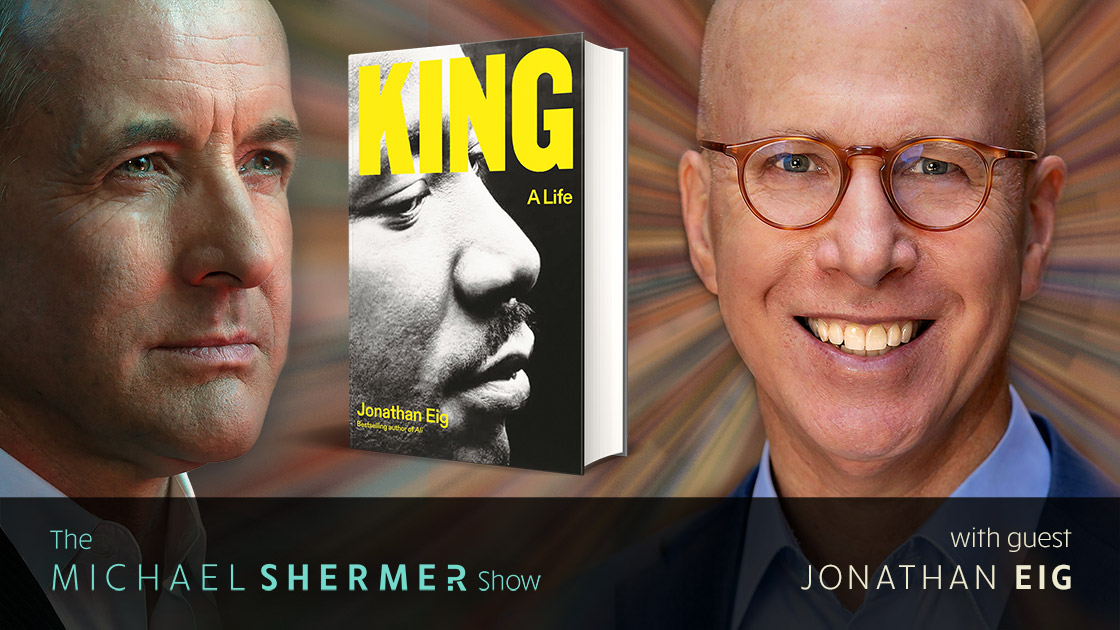
Shermer and Eig discuss: how to write biography • the history of the King family going back to slavery, Jim Crow, etc. • the influence of King Sr. on Martin’s intellectual and emotional development and the Ebenezer Baptist Church • King’s early experience with racism in the south • King’s religious beliefs and the influence of his faith on his civil rights activism • the influence of Gandhi and Reinhold Niebuhr on King’s strategic activism and deep belief in nonviolence…
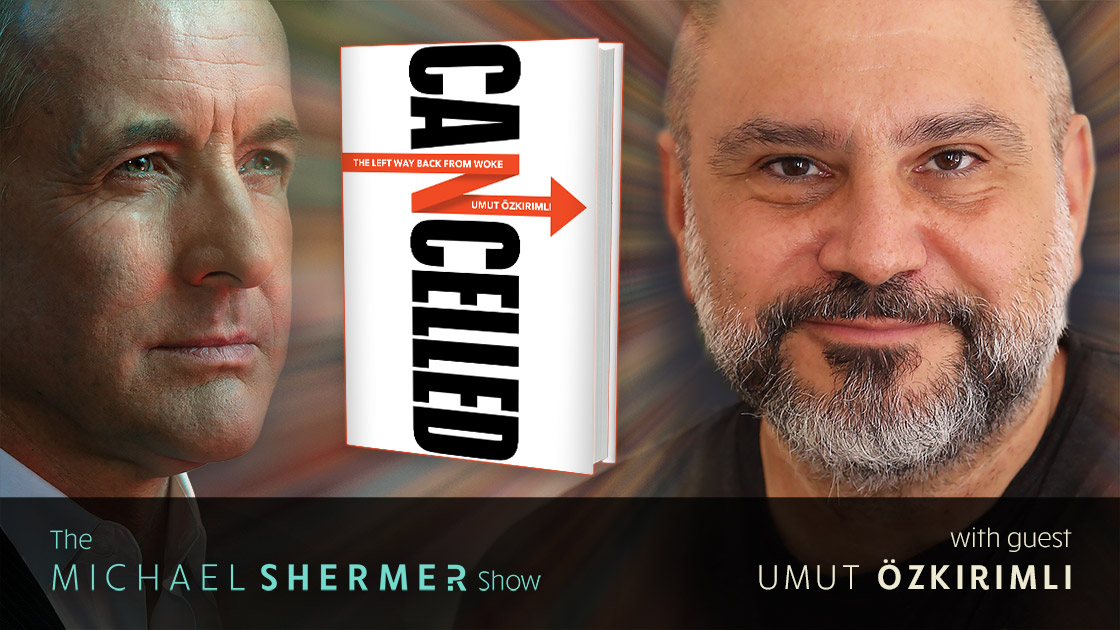
Shermer and Özkirimli discuss: identity politics, cancel culture • woke, TERF, anti-fragility, anti-racism • diversity, equity, and inclusion • Ibram X. Kendi, Robin DiAngelo • Loretta Ross, rape, retributive vs. restorative justice • Woman’s March • leftism, progressivism, democratic socialism, liberalism, classical liberalism, libertarianism, conservatism, populism, nationalism, white nationalism, authoritarianism, tyranny • moral panics • MAGA, Trump • victimhood • safetyism • trigger warnings, safe spaces, microaggressions • What Went Wrong?
NEXT →




























